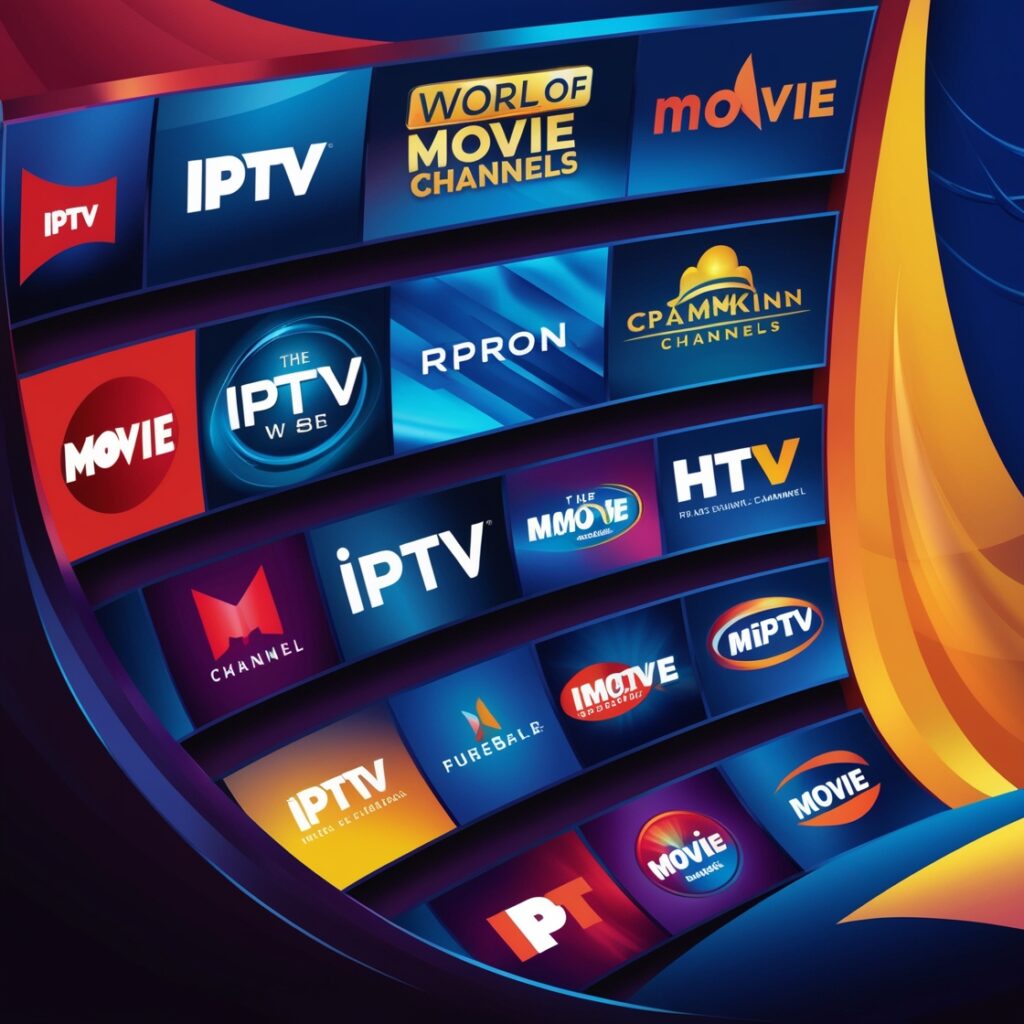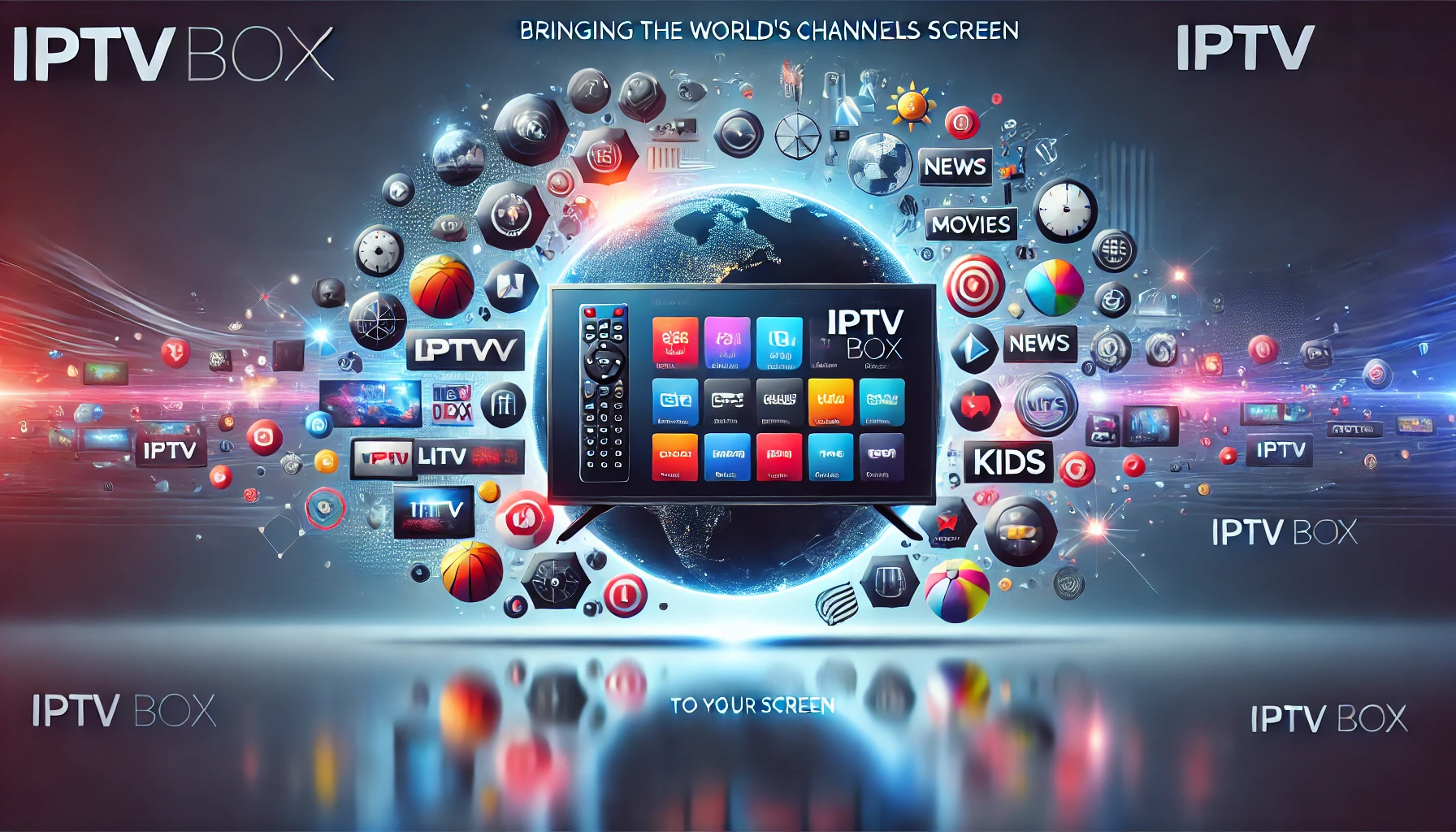IPTV (Internet Protocol Television) is a system for delivering television content over the internet using internet protocols, rather than traditional distribution methods like satellite or cable. IPTV relies on transmitting video and data signals over electronic networks such as the internet or local networks to provide television viewing services.

How IPTV Works
IPTV works by using internet protocols (IP) to transmit audio-visual data. Instead of relying on satellite or cable signals, content is streamed over the internet, with the user’s set-top box or receiver device receiving the video and audio signals over an internet connection. The device then decodes these signals and displays the content on the TV screen.
Types of IPTV
- Paid IPTV: Requires a subscription to services provided by IPTV providers that offer various channel packages.
- Free IPTV: Relies on accessing free streaming services, although these channels may be illegal or have low-quality streams.
- Interactive IPTV: This type allows users to interact with the content, such as pausing, rewinding, or playing it on-demand (known as Video On Demand or VOD).
Benefits of IPTV
- Flexible Viewing Options: Users can choose the channels and content they want to watch.
- High-Quality Content: With a fast internet connection, users can watch content in high quality, such as 4K or HD.
- Global Content Access: Users from any location can access content from various countries.
- Content Interaction: Features like on-demand video services or program recording make IPTV more interactive.
IPTV vs. Traditional Systems
The main difference between IPTV and traditional systems lies in the method of content delivery. In traditional systems, content is broadcast through satellites or cables, while IPTV uses internet protocols to deliver the content. This method provides advantages such as improved picture and sound quality, as well as greater control over the stream.
Challenges Facing IPTV
Despite its many advantages, IPTV faces some challenges:
- Dependence on the Internet: IPTV requires a stable, high-speed internet connection, which can cause problems if the internet connection is unstable.
- Legal Restrictions: Some IPTV services are illegal in certain countries, which can expose users to legal risks.
The Future of IPTV
The future of IPTV looks promising as it continues to grow and evolve. With the increasing speed of internet connections and advancements in streaming technology, users will be able to enjoy a smoother and higher-quality viewing experience. Moreover, IPTV services are expected to diversify, offering more interactive content and new services that meet the needs of viewers.
Conclusion
IPTV represents a revolution in how television content is consumed, offering users greater options and flexibility in choosing what to watch at any time. Despite challenges such as internet dependency or legal restrictions, it is considered the future of television due to its high quality and multiple features.
